The digital age is a promising journey if we take the initiative to grasp it. The biggest opportunity AI brings is the ability to personalize learning, where each learner has a unique path that suits their ability, speed and interests, something that the traditional mass education model can hardly do. Moreover, AI effectively supports teachers in tasks such as assessing and analyzing student progress, giving teachers more time to focus on the core: inspiring, guiding thinking and nurturing personality. More importantly, if AI is organized and invested in evenly, it can narrow the gap in access to knowledge between students in urban and remote areas, while improving the effectiveness of school administration and international educational integration.
However, the challenges this era poses are also enormous. First, the digital divide is present in the classroom, and if left unchecked, this gap will widen. Second, AI poses the risk of an academic ethics crisis when students can rely on tools to write, solve math problems, and do homework for them. Third, the lack of a digitalized Vietnamese language platform and quality localized educational content can lead to dependence on foreign AI platforms, which carry inappropriate ideas and philosophies. In the Southeast Asian region, many countries such as Singapore, Malaysia, etc. have implemented national AI programs for early education. Vietnam needs a strategic vision and stronger determination to act.
To meet the demands of the times, the development of AI in Vietnamese education needs to stand firmly on two pillars. First of all, it is necessary to radically innovate the content and methods of education. In terms of content, it is necessary to integrate interdisciplinary thinking, STEM, and bring knowledge about AI, data, digital security and technology ethics into the program, but still maintain traditional values: history, culture, patriotism, and community spirit.
In terms of methods, teaching needs to shift from “transmitting” to “activating” learners’ initiative, through flipped lectures and flipped classrooms, helping them construct knowledge and solve problems. Teachers change their role to that of situation designers, companions and inspirations. In terms of methods, education needs to be open, flexible and personalized, and AI is an ideal tool and is only truly effective when learners are guided by a clear philosophy, not simply chasing scores and titles. More importantly, the more technology develops, the more humane humans are needed. AI is a transcendent tool, but if education only teaches how to use it without teaching how to live ethically with AI, we may be inadvertently nurturing a potential danger.
From the above analysis, it can be seen that we need to act early and synchronously. The State needs to soon issue a National AI Competency Framework for education, including digital skills, digital ethics and technological thinking. At the same time, it is necessary to increase investment in digital infrastructure for remote areas, develop open Vietnamese-language science resources and Vietnamese AI to serve education; innovate student assessment methods based on competence instead of just testing knowledge. Schools and teachers need to reorganize training programs, train teachers on AI and new pedagogical methods. It is necessary to establish rules for responsible use of AI, anti-plagiarism, anti-academic fraud; consider AI as a partner and teachers still play a leading role with intelligence, experience and love for the profession. For parents and students: Students need to be guided to use AI as a companion, knowing how to debate, not as a "tool to do homework for them"...
The AI era does not require education to produce “superhumans”, but requires us to become human beings, true to ourselves. To achieve that, Vietnamese education needs to innovate substantially, approach technology with sobriety, not be confused by the new. But at the same time, it needs to be deeply rooted in traditional national values, not lose identity, nor rely on technological conveniences.
An education that dares to innovate but does not follow trends, an education that is deeply humane but does not turn its back on technology. At that time, we will not only be able to catch up with the times, but also be able to contribute to shaping the times with the intelligence, morality and mettle of the Vietnamese people.
Source: https://www.sggp.org.vn/tam-nhin-cua-giao-duc-trong-ky-nguyen-ai-post819640.html


![[Photo] General Secretary To Lam receives the Director of the Academy of Public Administration and National Economy under the President of the Russian Federation](/_next/image?url=https%3A%2F%2Fvphoto.vietnam.vn%2Fthumb%2F1200x675%2Fvietnam%2Fresource%2FIMAGE%2F2025%2F12%2F08%2F1765200203892_a1-bnd-0933-4198-jpg.webp&w=3840&q=75)





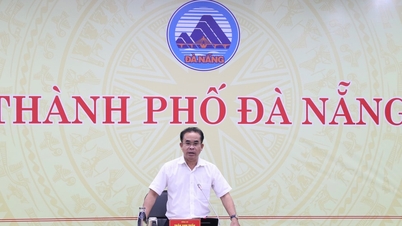

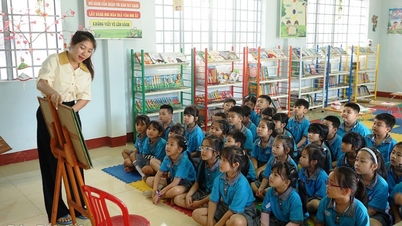

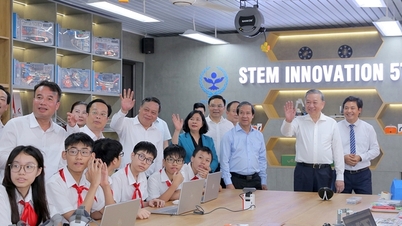

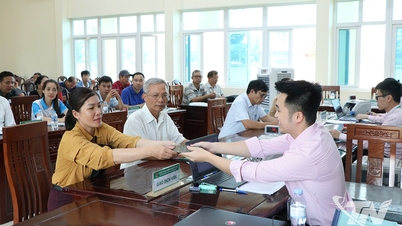

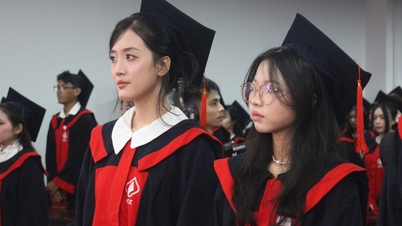



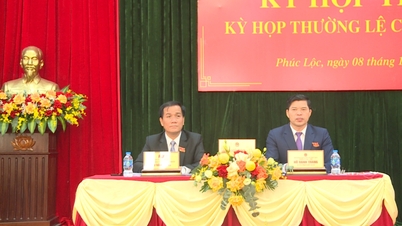

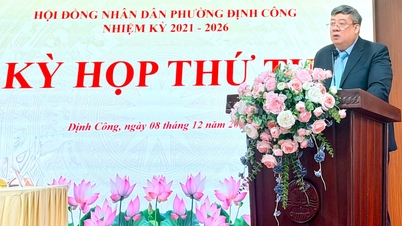
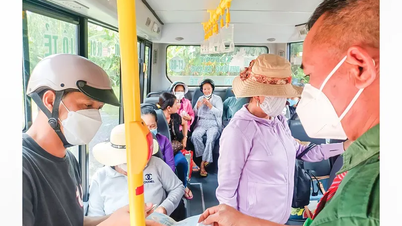





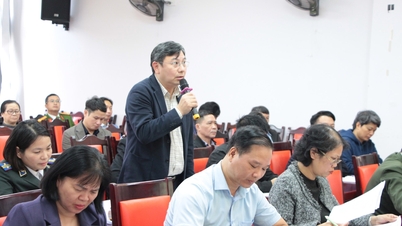




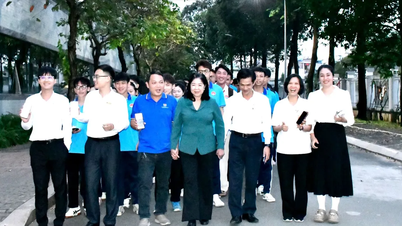
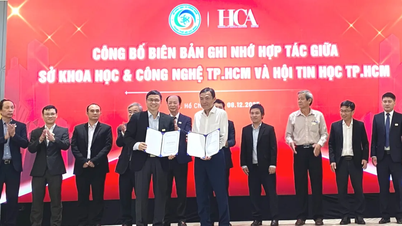



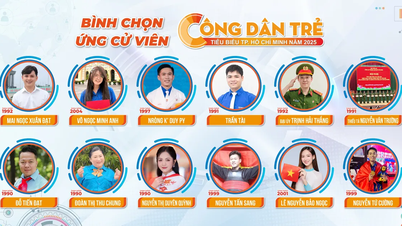






















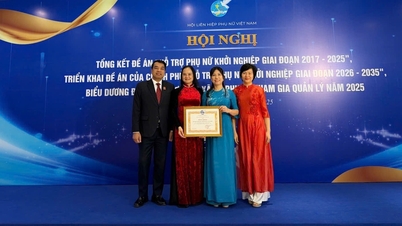













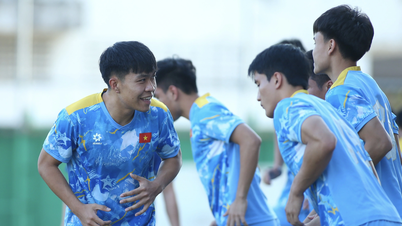

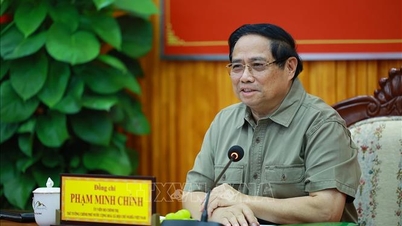



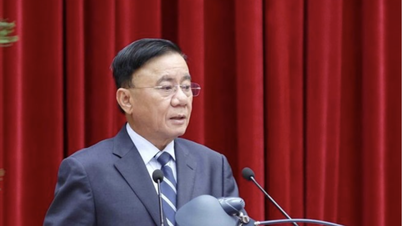


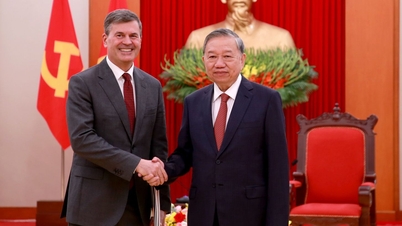






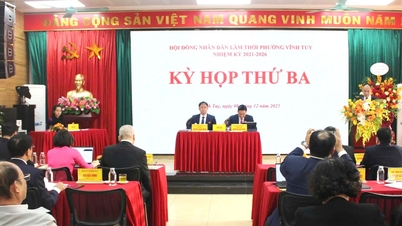



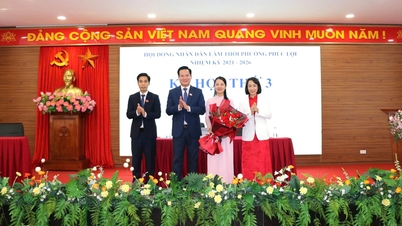
















Comment (0)